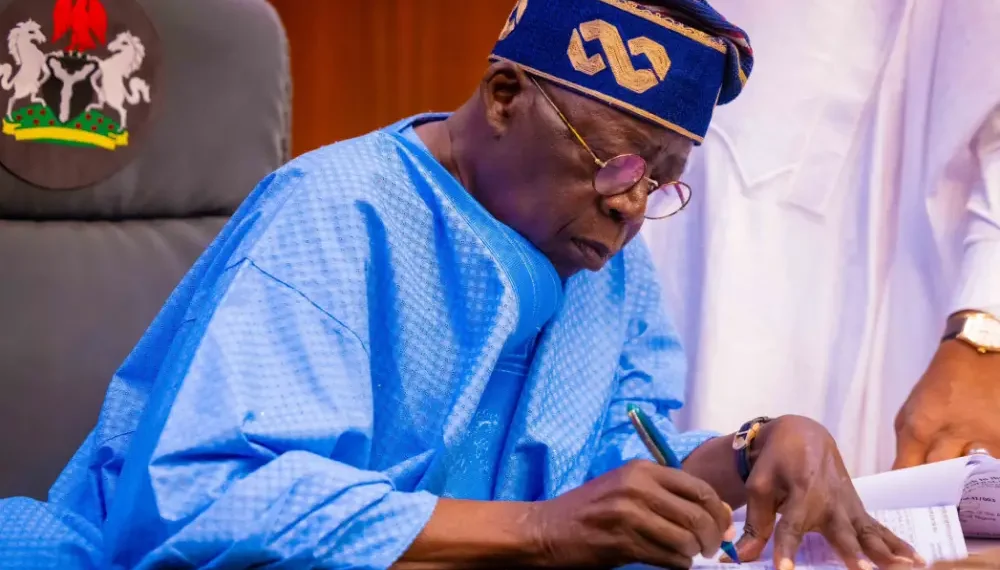President Bola Ahmed Tinubu has reaffirmed his administration’s commitment to delivering stable electricity to Nigerians as the Federal Government moves to generate an additional 4,000 megawatts under the ongoing Presidential Power Initiative (PPI) with Siemens Energy.
Meeting with a delegation from Siemens Energy at the State House, Abuja, on Monday, Tinubu described power as the backbone of industrial, educational, and healthcare growth. He assured the technical partners of full government support to accelerate the implementation of the project, first initiated in 2019.
“There is no industrial growth or economic development without power,” Tinubu said. “The progress made so far is commendable, but we must go further. Education, healthcare, and transportation all depend on energy. We are taking this project very seriously.”
The President directed the Ministry of Power to expand key transformer substations across the country from two-phase to three-phase systems to strengthen national transmission and distribution.
According to a statement by his Special Adviser on Information and Strategy, Bayo Onanuga, Tinubu praised the collaboration with Germany and Siemens, saying the project would “mark a new dawn” for Nigeria’s economy and help “banish poverty through reliable electricity.”
Read Also:
- Tinubu strengthens Code of Conduct Bureau with 3 new nominees
- Tinubu’s camp fires back at Bishop Kukah’s ‘Accidental Leader’ remark
- Tinubu, Ramaphosa to co-chair Nigeria-South Africa Bi-National Commission’s 11th session
Adelabu disclosed that since Tinubu attended the COP28 Summit in Dubai alongside German Chancellor Olaf Scholz, where both nations reaffirmed the power partnership, the Presidential Power Initiative had achieved key milestones.
He revealed that Siemens has delivered and commissioned 10 mobile substations and several transformers across the country, adding 984 megawatts of transmission capacity to the national grid. The next phase, he said, would expand this capacity by over 4,000 megawatts, with substations already approved for Abeokuta, Offa, Ayede-Ibadan, Sokoto, and Onitsha.
“Two of these substations are targeted for completion by the end of 2026,” Adelabu said, noting that the second batch would cover an additional 16 substations nationwide.
Finance Minister Wale Edun added that the completion of the Siemens initiative would attract new investments, create jobs, and improve Nigeria’s ease of doing business, positioning the country as a competitive industrial hub in Africa.
Siemens’ Managing Director for the Middle East and Africa, Dietmar Siersdorfer, reaffirmed the company’s commitment to the project, announcing that a new training centre for Nigerian engineers is being developed to enhance local capacity and technology transfer.
“The PPI is not just a project but a long-term development platform that will transform Nigeria’s power landscape,” he said.
A representative of the German government, Johannes Lehne, assured President Tinubu of Berlin’s continued partnership to ensure that Nigeria achieves its energy and economic growth targets.
Industry observers describe this renewed momentum as a decisive step toward resolving Nigeria’s decades-long power deficit and achieving the President’s vision of reliable electricity access for all.






